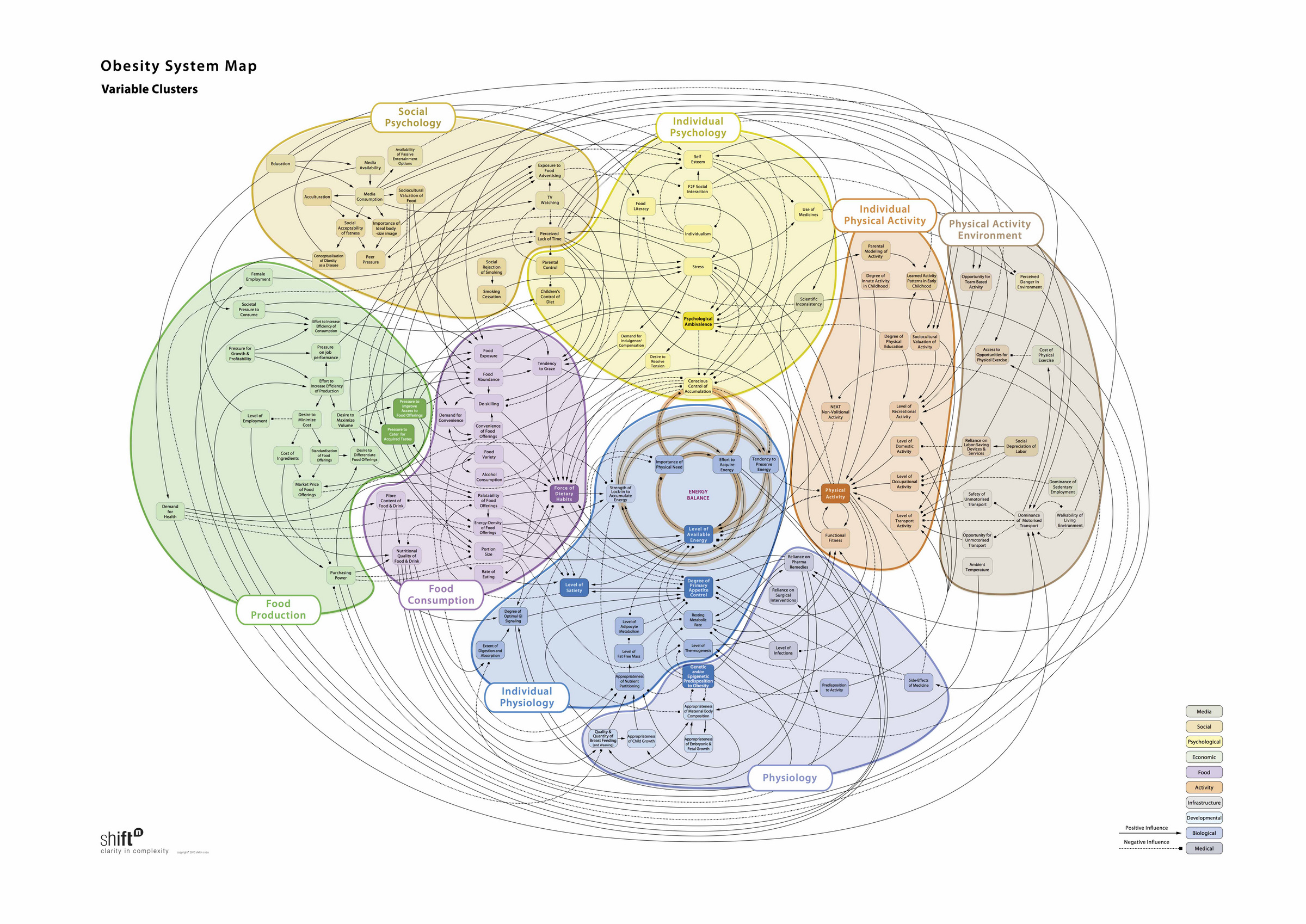
Foresight Becomes Hindsight in UK Obesity Talk
The talk about obesity in the UK is drifting away from a full and constructive view. Instead, it has moved toward a more narrow view of personal responsibility. These findings come from a new analysis by Paul Baker and colleagues. Over ten years following the landmark Foresight Report, reporting about obesity in the British press doubled. That report explained the complex systems that favor higher obesity rates. But the British press has shifted toward a focus on individual blame for problem. The authors explain:
“British newspapers doubled the amount of reporting on obesity between 2008 and 2017. These newspapers increasingly emphasise individual factors like biology and personal choice when writing about obesity. Emphasis on political and social factors has decreased in news reporting on obesity over time. The newspaper depictions run counter to the Government’s Foresight Report in 2007. These depictions are likely to result in increased stigma and discrimination of people with obesity in the UK.”
Analyzing 36 Million Words
To make these findings, Baker et al analyzed publications in the British press that mentioned obesity or obese. They built a dataset of 36 million words. Using techniques from corpus linguistics, they looked for patterns of language in these reports.
Themes related to food and personal eating behaviors were dominant. Healthcare, business, political, and social themes were also present. But in the ten years after the Foresight report, they found a growing emphasis on food and personal factors – like eating behaviors. At the same time, the focus on larger systems faded. Business, education, economics, and political factors received less and less attention.
These patterns are consistent with neoliberal ideas about health, say the authors. The focus is on personal responsibility for health.
Foresight Fades Away
 Losing sight of the complex systems that promote obesity is a serious mistake. That is because personal choices play a relatively minor role in the growth of obesity. It may feel good to think that everyone but oneself has become irresponsible or foolish. But it doesn’t explain growing obesity rates.
Losing sight of the complex systems that promote obesity is a serious mistake. That is because personal choices play a relatively minor role in the growth of obesity. It may feel good to think that everyone but oneself has become irresponsible or foolish. But it doesn’t explain growing obesity rates.
In fact, the growth in obesity comes from an environment that promotes more of it. Many factors and many systems interact to trigger obesity in susceptible individuals. Our genes set the table for obesity and the environment serves it up.
Food systems, social systems, transport systems, and systems that drive physical activity all interact to favor obesity. And those systems have been changing to produce more of it.
Stigma Grows with Personal Blame
But when obesity policy talk moves away from the systems that are responsible, the focus becomes blame and stigma. When people must choose from options that are less and less healthy, the result is more and more obesity. Then they find themselves blamed because they must choose from a poor set of options.
No wonder we see persistent problems with weight stigma in the U.K.
Click here for this new research paper and here for more on systematic failures in dealing with obesity. For more on health, personal responsibility, and neoliberalism, click here.
British Crowd at Buckingham Palace, photograph © UK Defence Images / flickr
Subscribe by email to follow the accumulating evidence and observations that shape our view of health, obesity, and policy.
October x, 2020

October 07, 2020 at 3:03 pm, Mary-Jo said:
It does often feel like 2 steps forward, 10 steps backward, but overall, I still feel very hopeful about progress made on how obesity is viewed, understood, approached, and treated. It certainly is Taken much more seriously, is studied much more and there’s more attention given to people who have it once they are hospitalized or treated, perhaps first from a co-morbidity, but then, MUCH more than, say in the 70’s to the 90’s, HCPs, NOW, will address a patient’s obesity as a disease that needs attention and some kind of treatment. I’m old enough to remember the days when it was thought to be not important or ‘untreatable’ or a quixotic endeavor.